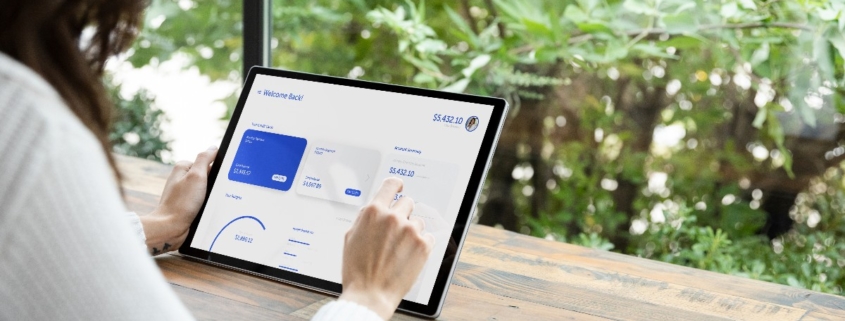NEW TECH: DigiCert Document Signing Manager leverages PKI to advance electronic signatures
Most of us, by now, take electronic signatures for granted.
Related: Why PKI will endure as the Internet’s secure core
Popular services, like DocuSign and Adobe Sign, have established themselves as convenient, familiar tools to conduct daily commerce, exclusively online. Yet electronic signatures do have their security limitations. That’s why “wet” signatures, i.e. signing in the presence of a notary, remains a requirement for some transactions involving high dollars or very sensitive records.
 Clearly, a more robust approach to verifying identities in the current and future digital landscape would be useful. After all, conducting business transactions strictly online was already on the rise before Covid 19, a trend that only accelerated due to the global pandemic.
Clearly, a more robust approach to verifying identities in the current and future digital landscape would be useful. After all, conducting business transactions strictly online was already on the rise before Covid 19, a trend that only accelerated due to the global pandemic.
And this is why DigiCert recently introduced DigiCert® Document Signing Manager (DSM) – an advanced hosted service designed to increase the level of assurance of the identities of persons signing documents digitally.
I had the chance to learn more about this new tool from Brian Trzupek, DigiCert’s senior vice president of product DigiCert is best known as a Certificate Authority (CA) and a supplier of services to manage Public Key Infrastructure. And PKI, of course, is the behind-the-scenes authentication and encryption framework on which the Internet is built.
Trzupek outlined how DSM allows for legally-binding documents with auditability and management of signers. “It adds trust and security into each signature, with the ability to easily work with third-party signing workflows such as Adobe, DocuSign, or other signing workflow platforms,” he says.
As digital transformation has quickened, it has become clear that electronic signatures are destined to become even more pervasively used to conduct business remotely. DigiCert is bringing PKI to bear to help make that happen. Here are the main takeaways from our discussion:
Leveraging PKI
The experience on many signing platforms goes something like this: you receive a document via email, you select a signature font, and then you click to insert that signature on highlighted areas of the document. You conclude by clicking submit and when the document…

